My Credit Score
This post was sponsored by Lexington Law Firm.
The world of credit can be a confusing place. The native language of finance might sound familiar, but little seems to make sense for so many. Logic applies only sometimes and the rest is often a mystery.
Thankfully, friendly guides are available–if you know where to look–to give a tour of the credit landscape and help along your journey.
This post has been sponsored by Lexington Law Firm, but everything in this blog is based on my thoughts and opinions.
Much like exploring a new land, you’re likely to get a little lost and maybe trip over some obstacles along the way.
You may even accumulate unexpected bumps and bruises during your journey, leaving scars that run deeper than you know.

My Credit Score – Things I’ve Learned
During my time thus far in ‘Creditlandia,’ I’ve uncovered answers and gained insight into how this world works, including how to climb to the top of the ranks.
There are obvious ways to negatively affect your credit score, such as making late payments or cancelling cards without paying the balance.
However, I’ve also discovered numerous surprise elements affecting my credit score that I’d like to share with you.
Things that affect your credit score
Not Using Credit Cards
Allowing cards to sit inactive for long periods of time may result in the issuer cancelling the account. In the event the card is cancelled, your available credit is decreased which may throw off your ratio of credit used to credit available–aka credit utilization.
If your percentage of credit used is above 30%, this could ding your credit score. You’ll also lose any benefits associated with the account.
To prevent an inactive account, consider putting a small recurring charge on it or leave it in your wallet for small purchases.
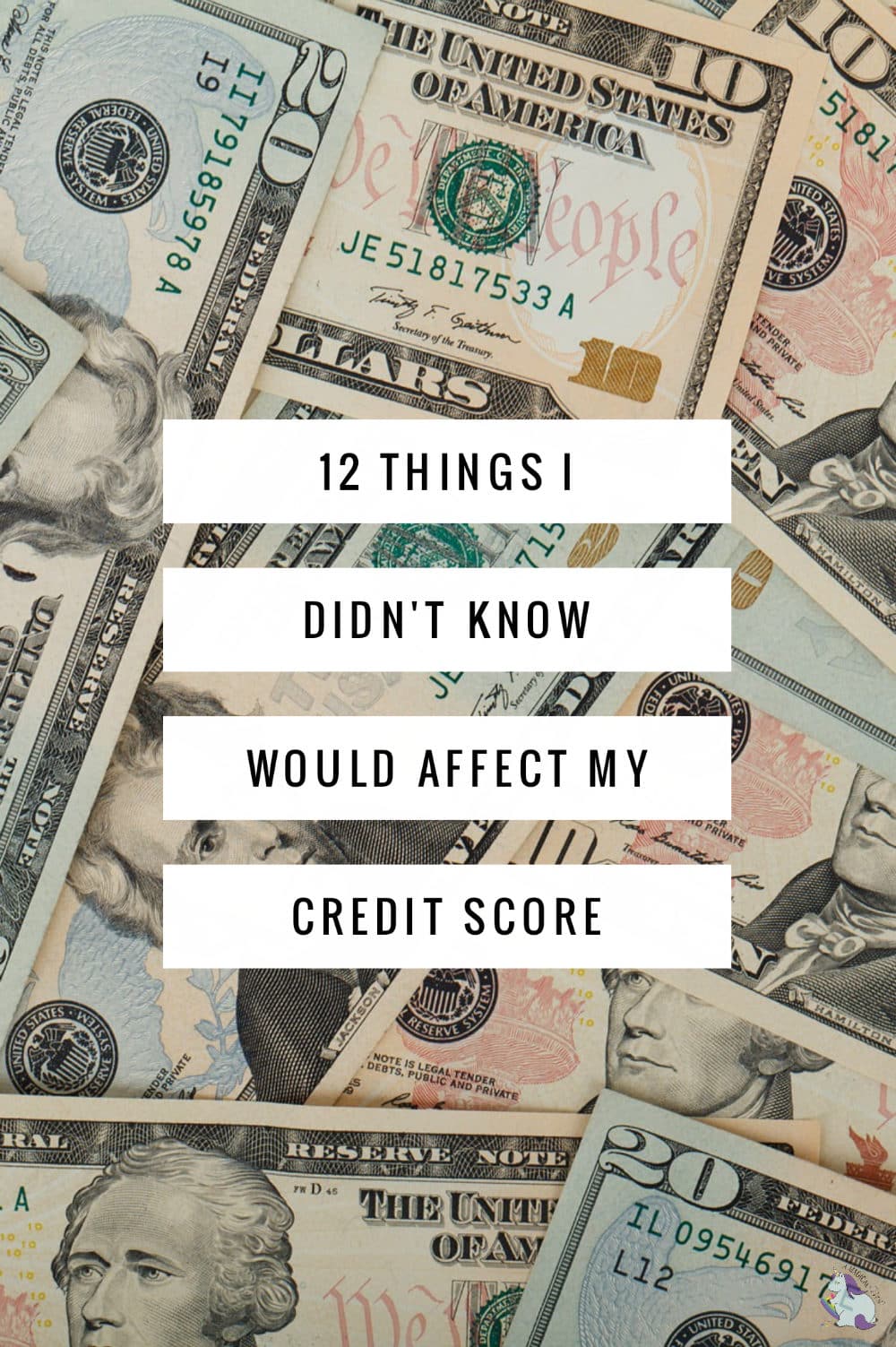
Having No Debt
Some debt is healthy. When paid on time, this is how we prove our financial responsibility and show lenders we’re a safe investment.
Divorce
It’s not the divorce itself that can lower your credit score, it’s that financial trauma is typically associated with the split.
Depending on the circumstances, if there is debt at the time of the divorce, one spouse may have to absorb more debt than the other, or, in many cases more debt is racked up on legal fees and the liquidation of assets.
The most important thing you can do is make sure you keep making timely payments. These can be easily overlooked during such an emotional time. Make sure you set reminders and use bookmarks to pay your bills on time.
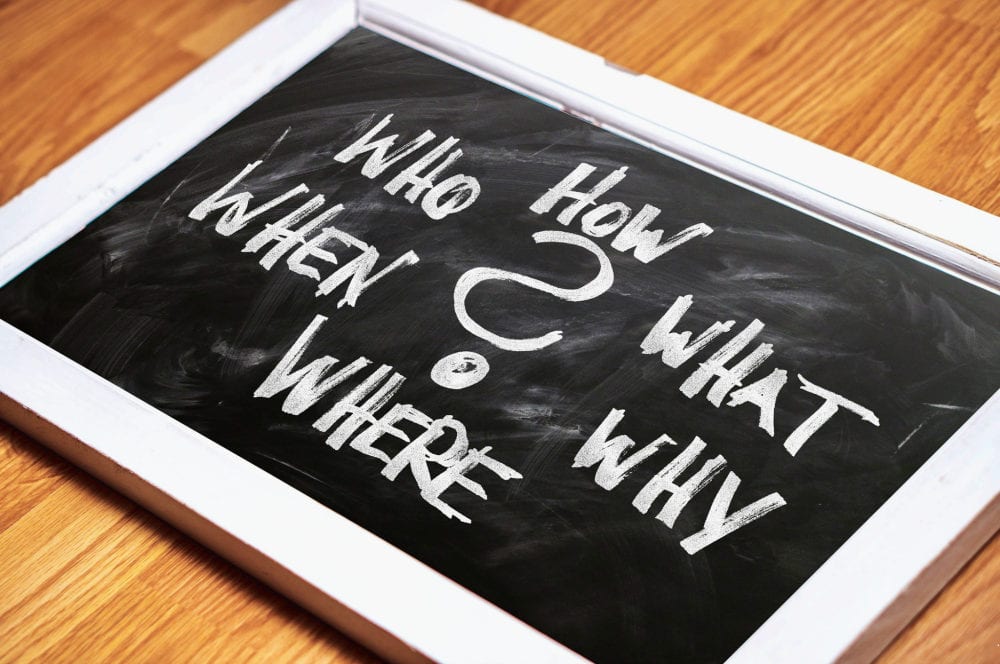
Inquiries
Every time you open a new credit account, loan, or mortgage, your credit will be run by the lender to determine your creditworthiness.
If multiple inquiries are made in a short time period, this can have a negative impact on your credit score.
New Accounts
Most credit scoring models consider the age of your accounts when scoring. Older accounts show a longer credit history and are therefore good for your overall score.
Some models take an average of the ages and if you have several newer accounts, this could negatively affect that number.
Number of Accounts in Use
If you have a lot of accounts, be sure they are all being used and paid on time–this can be good for your score. The likeliness of mistakes, such as late payments, increases with the number of accounts.
Therefore, without a long credit history, too many accounts may have a negative impact on your score. Make sure you keep your accounts safe to reduce the risk of fraudulent activity, and avoid cancelling any if you’ve had them for a long period of time.
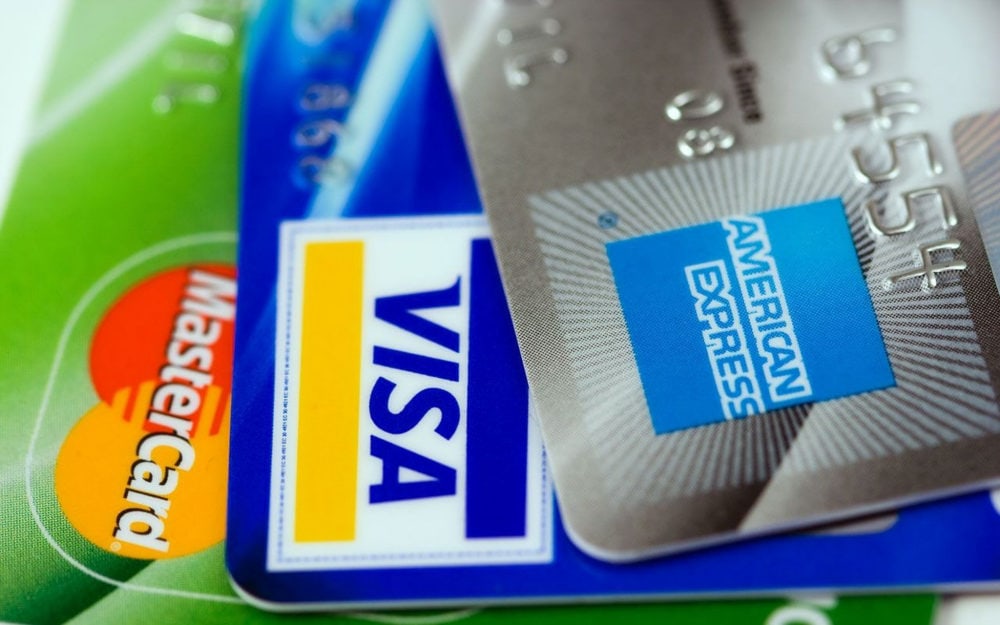
Types of Credit You Use
Having different types of loans is actually a good thing. Mortgage, car payment, school loan, and credit cards–all in good standing–show a good balance of debt.
However, if your only debt is that of several credit cards, that will decrease your credit score.
Being on my Mom’s Account
When I was sixteen, my mom put me on one of her Visa accounts. I had no idea at the time that this was a way to establish credit as a teen.
However, by the time I was an adult, I was on my way to having great credit, since I didn’t abuse that privilege and she always paid her bills on time.
Medical Debt
If a medical bill is sent to collections, it will show up on your credit report, however, it may not affect your score as harshly as other debts.
New changes have recently been made to allow more time for repayment or reduce the impact of late payments.
In some cases, those marks may be omitted entirely when calculating your score.
Identity Theft
The goal of the thief is to use or open accounts in your name and run up as many charges as possible before you catch on.
Thankfully, most credit cards offer protection and notify you if they notice abnormal spending habits.
However, in many cases, the damage is done and your score pays the price.

Revolving Balance
If you have a card with a $5,000 limit and the balance is consistently at $4,900 or more, this affects your credit score.
Try to pay more than just the minimum payments on your credit cards.
Inaccuracies
Nothing in the world is perfect, and the paperwork in Creditlandia is no different.
Sometimes things may end up on your report that don’t belong there.
If you notice unrecognizable marks on your report, consult Lexington Law Firm right away. They offer affordable help for a low monthly fee.
I am not a credit expert, but I’ve been a resident in the land of credit for more than half of my life.
I’m 34 years old and I’ve made a plethora of mistakes. I’m a young mom, divorced, and put myself through school with minimal financial help, outside of loans.
I have used a considerable amount of credit to get through the tough times and I’m so grateful it was there when I needed it. I’ve never made a late payment in my life, and my credit score reflects that fact.
I am by no means debt free, but thanks to a high credit score, my financial life isn’t in shambles. I can’t stress the importance of this point enough:
Take good care of your credit score.
Teach your kids to do the same, and if you need help, don’t hesitate to consult the professionals at Lexington Law Firm.


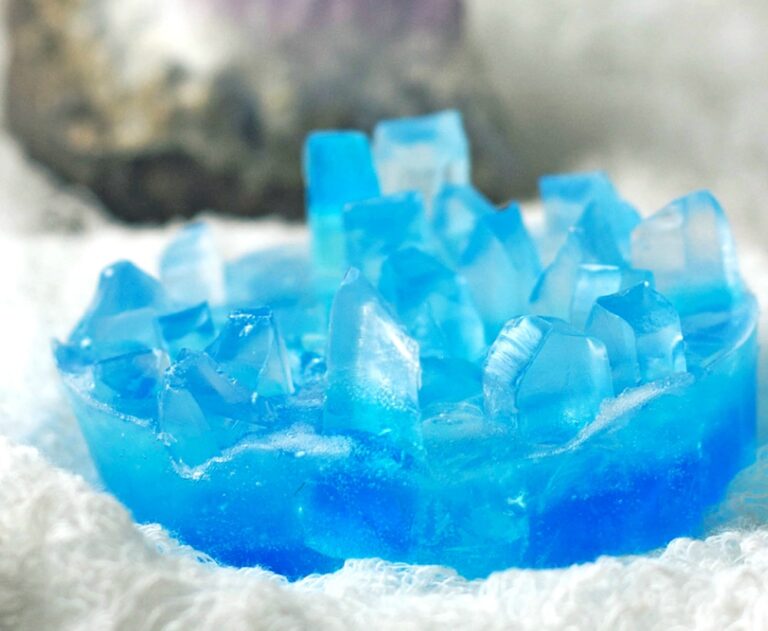


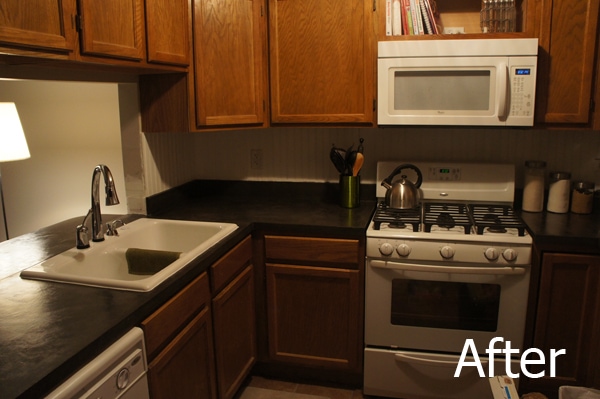


I was surprised when I learned that not using credit cards and letting them sit too long resulted in accounts closing and my credit score dropping. Now that I know I can plan for it at least!
I didn’t know you could add teens to a card as a way to grow their credit. That is a great idea.
I need all the help I can get. I’m a few points shy of a credit goal so I need to get to implement some of this!
These are all some great tips. My husband and I have been working on getting our credit score cleaned up so we can buy a house. Thanks for the Reminders here in this post!
Not using credit cards at all is a mistake, just like not getting a drivers license early is a mistake. Waiting until you can afford a car to get your license means that your insurance rate will still be high new-driver rates when you finally get your license. Not using a credit card means that all other borrowing will cost more, due to credit score issues.
However, if you will misuse your credit cards, best not to use them at all. Better a poor credit rating from no credit card than from huge debt. Similarly, better higher insurance rates from not having gotten a driver’s license earlier than from crashing the car and killing somebody.